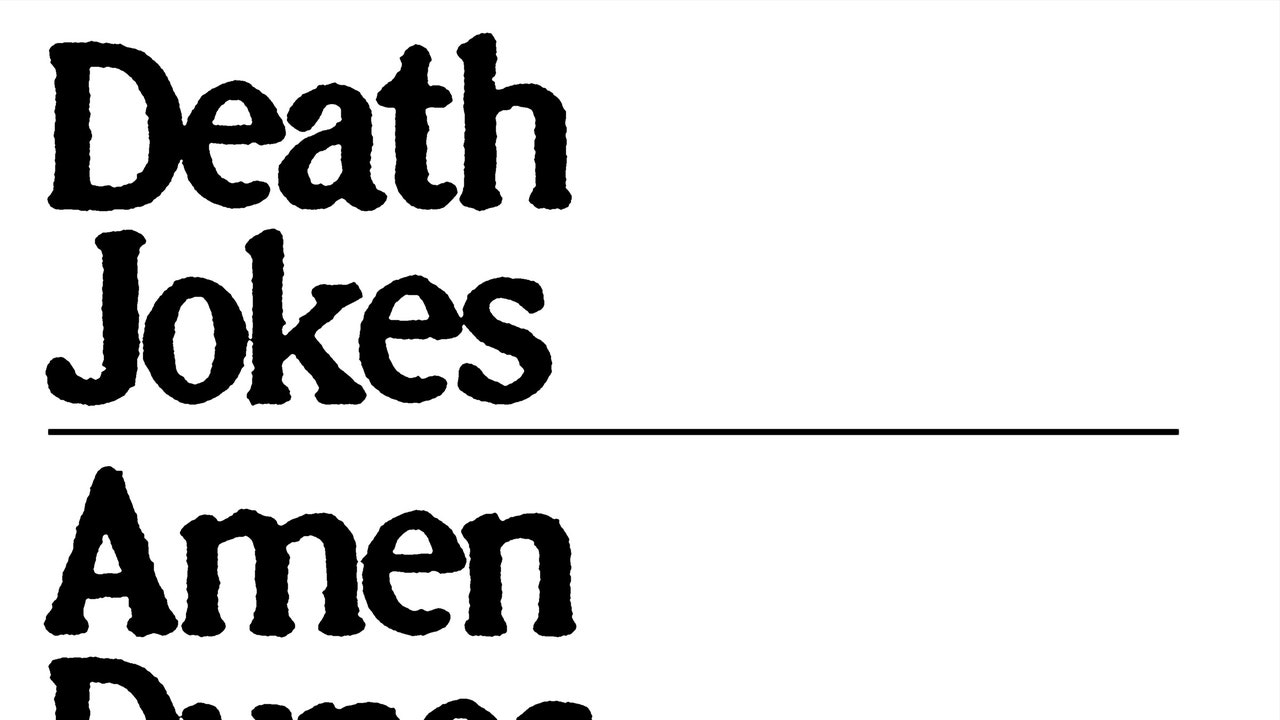Damon McMahon made the dead speak. He had been conversing with them for some time. “I got turned on to a lot of teachers, all of whom are dead,” he says. He learned from legendary French music teacher Nadia Boulanger, comedians Lenny Bruce and Richard Pryor, and the great hip-hop producer J Dilla. McMahon recruited them all for this year’s excellent Amen Dunes full-length Death Jokes, a protest album that took aim at the music industry’s subservience to the algorithm, the digital grid, and the bottom line. Samples of their voices and many others crowd the record with urgent messages from beyond the grave: warnings about censorship, greed, and exploitation. The problem is that no one would heed them once McMahon was finished with his album.
The making of Death Jokes was a struggle. It took three years, 21 failed collaborations, and three separate mixes before McMahon arrived at a version that satisfied him. McMahon took piano lessons from a psychic medium named Jonichi, a student of Boulanger’s. He taught himself to use Ableton Live and a broken Roland TR-909 drum machine. The idea was to shake himself out of his routine and make music like an amateur again, but he was met with blank stares and furrowed brows from engineers, producers, and studio musicians. McMahon felt that the response from fans and critics was similarly uncomprehending. Death Jokes was a purposefully difficult record, but nobody seemed to take it on its own terms. His frustration mounted in a series of interviews. “It was disappointing. You know, the world often doesn’t want to be challenged. That feels very sad to me,” he explained. He began to speculate openly about quitting music altogether.
Death Jokes II comes as a surprise, then, but the accompanying announcement that Amen Dunes is coming to an end is perhaps less unexpected. The critical success of 2018’s Freedom launched McMahon into the upper echelon of the indie music world. A lukewarm reception for the follow-up to such a success is not unusual, and Amen Dunes’ move to the vaunted Sub Pop label surely bought him a grace period in which to experiment. But McMahon isn’t concerned with maintaining his place in an industry that he increasingly sees as irredeemable. His last, best bet was on his audience’s patience and understanding, and according to his tallying of the score, he lost. “Goodbye, I’ve barely said a word to you, but it’s always like that at parties,” McMahon said. “Let’s hope that when we are dead things will be better arranged.”
